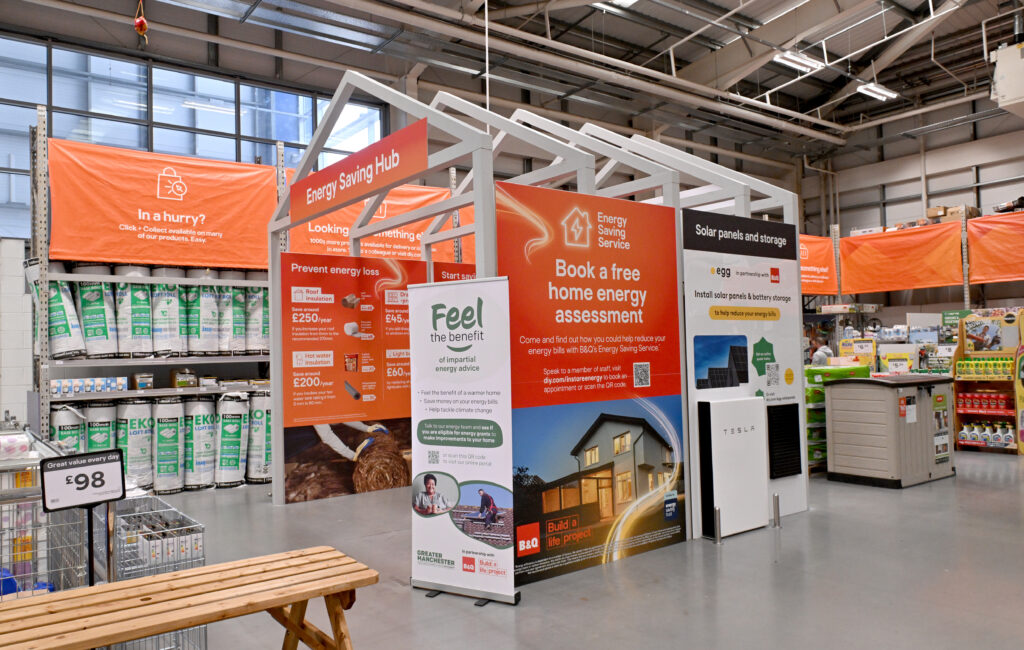Cadbury‘s Bournville plant has announced that 225 employees will be leaving via voluntary redundancy, following two years of drawn-out negotiations to modernise the factory. Set to leave within a two-year investment cycle by the end of 2016, Mondelez International and the Unite trade union are celebrating potential to boost the factory‘s efficiency.
Despite 50 employees having already left, the company has reportedly agreed to no compulsory redundancies, ensuring that all employees will be able to leave on enhanced-terms redundancy packages, some of which will take in excess of £100,000. Jerry Blackett, Chief Executive of Greater Birmingham Chambers of Commerce said that the terms set would depend on the length of service, but were “very generous.”
Now hoping to become the fifth most efficient site out of the 21 competing plants within the UK, Joe Clarke, Unite Lead Officer for food, drink and tobacco for Cadbury, explained that these developments will put the plant “in a much more competitive position to get new work.”
Hoping that this successful outcome will create an improved position for competitive new work, the company has also made plans to invest £75m in the site to improve manufacturing lines and redevelop other areas of the site. The plans will include the stripping out of six outdated manufacturing lines to be replaced by four ‘state of the art‘ new installations.
Clarke continued to describe that “this will aid the plant being more modern, competitive, and flexible going forward”, enabling the potential to bid for greater service in the future. The 650 remaining employees will be adopting more flexible work accordingly, as well as taking on extra skills through the appropriate training provided. Employees undertaking new skill requirements will also receive a 2% pay rise. The agreement in place ensures that employees will have between four and six weeks for every year of service.
A spokesman for Mondelez International stated that to secure the next generation of manufacturing at Bournville it is necessary for everyone to play their part, and that the deal was reached between both management and staff. He described that “through conversations with our workforce, a number of employees have asked for voluntary redundancy, indicating that we can achieve the necessary reductions through a voluntary approach.”
As the factory‘s efficiency has suffered in recent years due to outdated machinery failing to compete with other plants within the group, Unite has said that this move will help safeguard the plant‘s future for at least the next 20-25 years, using voluntary redundancies to achieve any reductions possible.
By embracing new working practises and behaviours, as well as the installation of updated technology, the company have agreed that although this will result in fewer future employees at Bournville, it will avoid the risk of jobs being moved overseas.

















